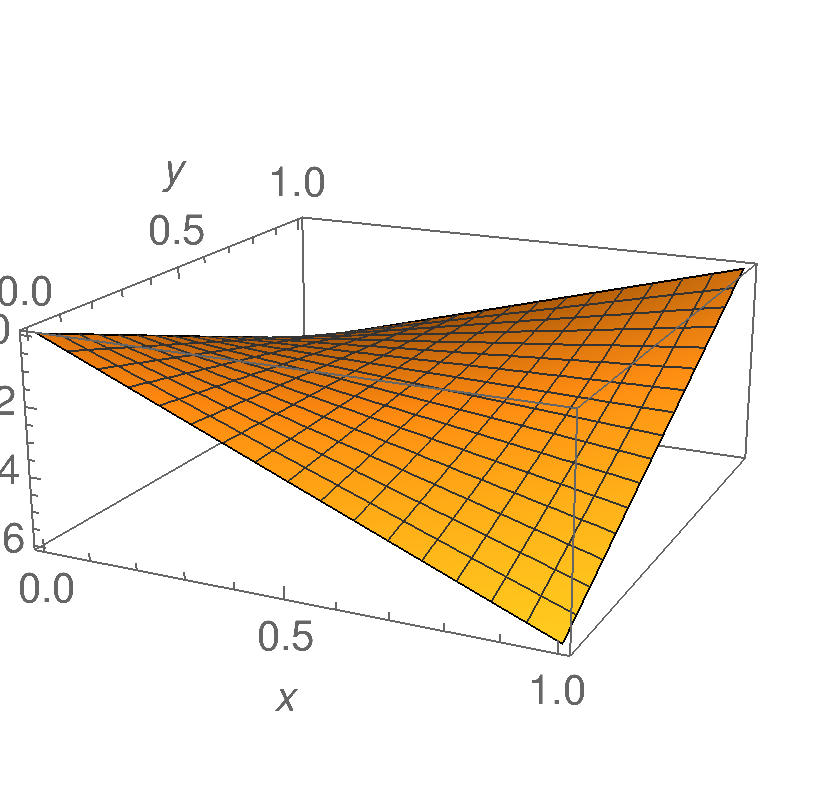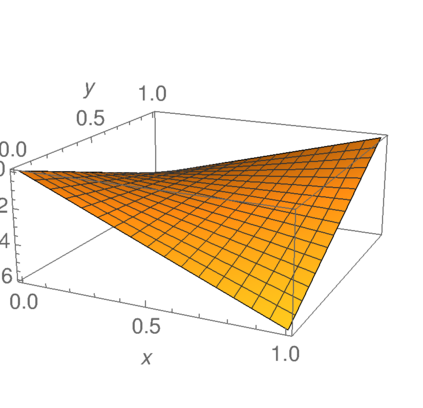Co-evolutionary algorithms have a wide range of applications, such as in hardware design, evolution of strategies for board games, and patching software bugs. However, these algorithms are poorly understood and applications are often limited by pathological behaviour, such as loss of gradient, relative over-generalisation, and mediocre objective stasis. It is an open challenge to develop a theory that can predict when co-evolutionary algorithms find solutions efficiently and reliable. This paper provides a first step in developing runtime analysis for population-based competitive co-evolutionary algorithms. We provide a mathematical framework for describing and reasoning about the performance of co-evolutionary processes. An example application of the framework shows a scenario where a simple co-evolutionary algorithm obtains a solution in polynomial expected time. Finally, we describe settings where the co-evolutionary algorithm needs exponential time with overwhelmingly high probability to obtain a solution.
翻译:共同革命算法具有广泛的应用,例如在硬件设计、棋盘游戏策略的演进和补丁软件错误等方面。然而,这些算法不易理解,应用往往受到病态行为的限制,例如梯度丧失、相对超常化和中度客观停滞。开发一种理论以预测共同革命算法何时找到有效和可靠的解决方案是一个公开的挑战。本文件为开发基于人口的竞争性共同革命算法的运行时间分析提供了第一步。我们为共同革命过程的绩效描述和推理提供了数学框架。框架的一个应用实例表明,简单的共同革命算法在多世纪的预期时间内获得解决方案。最后,我们描述了共同革命算法需要极有可能获得解决方案的指数时间。




